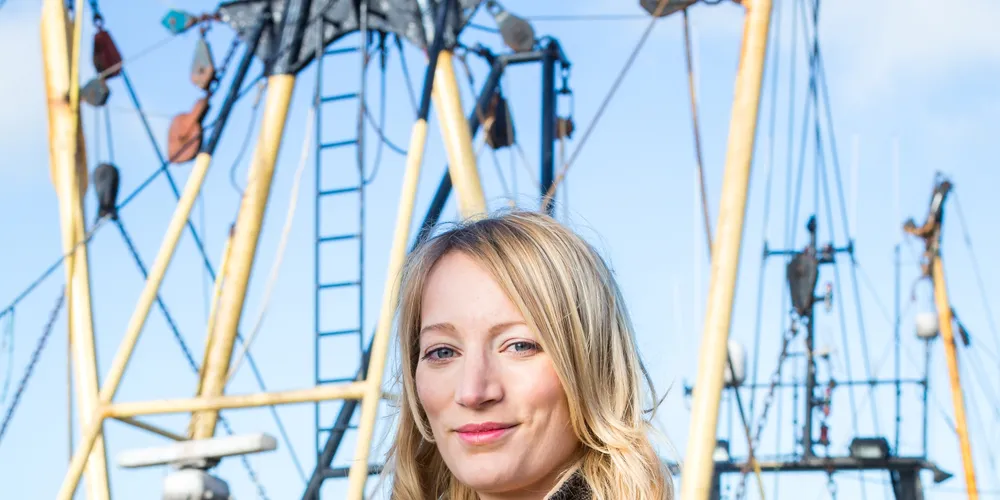Women in seafood: Europeche's Kathryn Stack
'Women are often overlooked in the workplace and feel they have to prove themselves a lot more. It's important to break stereotypes by simply communicating with people, not feeling intimidated and showing you can do the job just as well as your male counterparts.'
